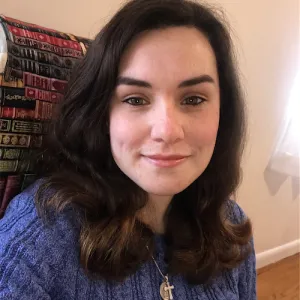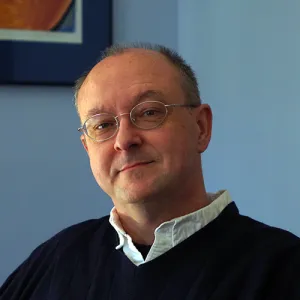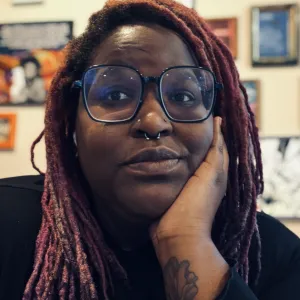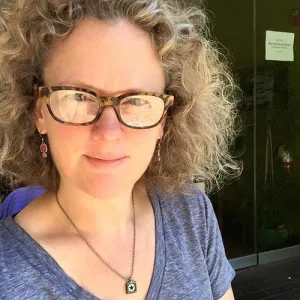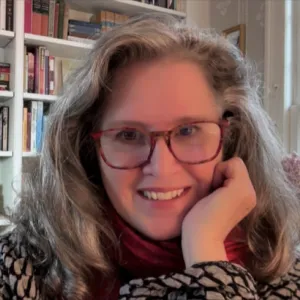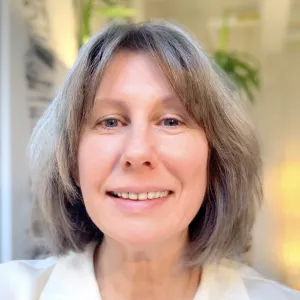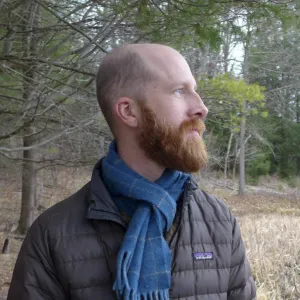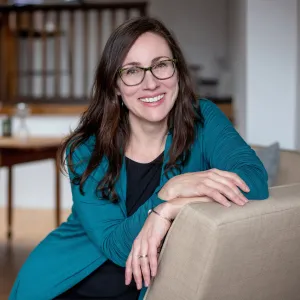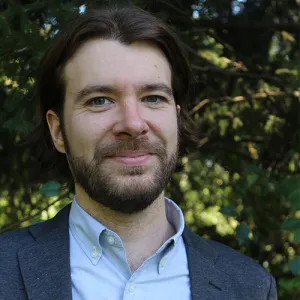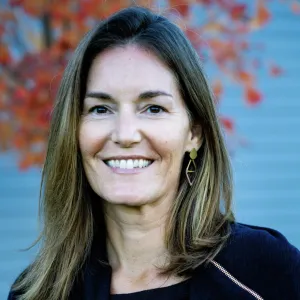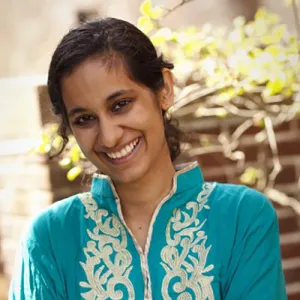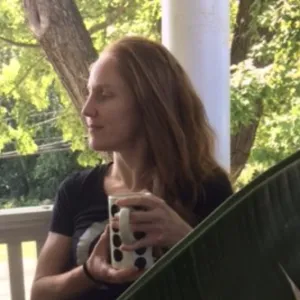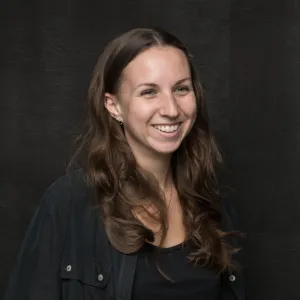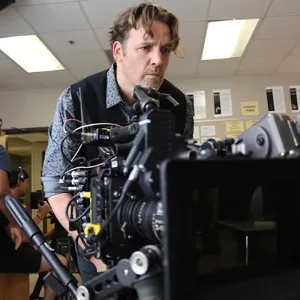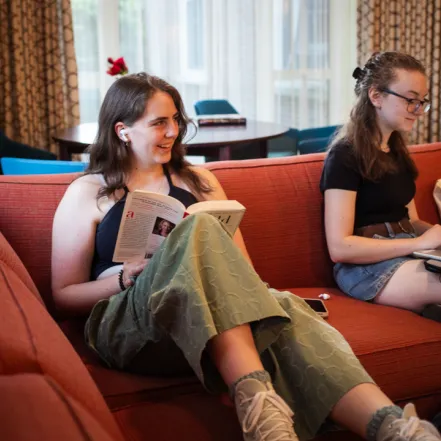Creative Writing Workshop
With few writing programs that cater exclusively to students in high school, Smith’s Creative Writing Workshop allows you to explore your writing in a creative and supportive environment. This program will foster your love of writing in a variety of mediums. All of our classes apply the design model to writing: Rather than trying to craft perfect texts, we teach an open, multidraft process that embraces the unpredictable that occurs when we stop trying to control our writing. So while you will learn how to edit your own and others’ work, our primary goal is for you to learn a powerful, flexible approach that eliminates writer’s block and gives you access to your full creativity.

